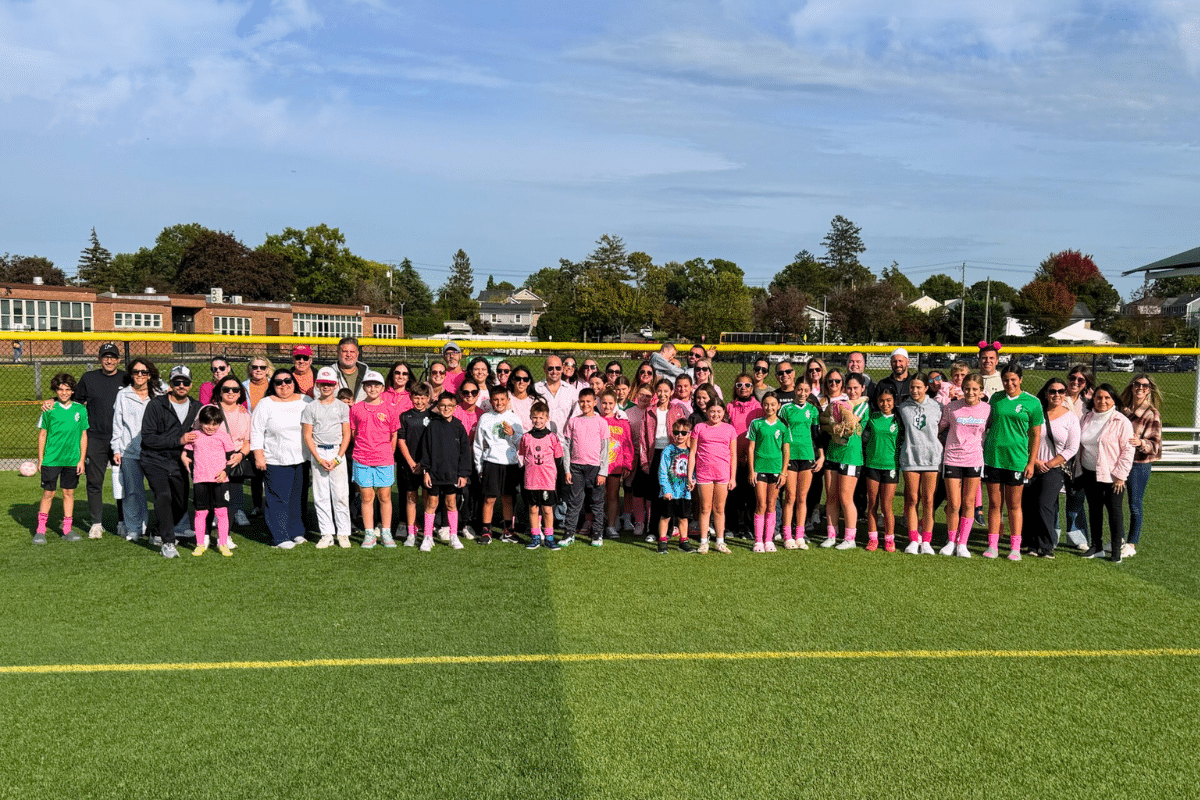For many people, November 11 is more than just a day off from work or…
Loving v. Virginia is not merely a landmark case that struck down laws against interracial marriage; it is a powerful testament to the evolution of familial rights and modern estate planning. Nearly six decades after the Supreme Court’s historic ruling, the impact of Richard and Mildred Loving’s fight continues to ripple through our legal system, transforming how we approach elder law, estate planning, and special needs law today.
The Unfolding of Loving v. Virginia
The story of Loving v. Virginia began with a quiet act of love that met a violent legal wall. Richard and Mildred Loving were arrested in their home state of Virginia in 1958, convicted of violating the state’s Racial Integrity Act. Their “crime” was simply being married. Richard was white, and Mildred was of Black and Native American descent.
After their arrest, the Lovings were sentenced to one year in prison, suspended on the condition that they leave Virginia and not return together for 25 years. This forced exile led to a decade-long legal battle that eventually reached the United States Supreme Court. In a unanimous 1967 decision (Loving v. Virginia, 388 U.S. 1), the Court deemed laws prohibiting interracial marriage unconstitutional, ruling that they violated the Equal Protection and Due Process Clauses of the Fourteenth Amendment.
From 1967 to Today: The Path to Marriage Equality
The legal victory in 1967 set the stage for a broader movement toward marriage equality that has shaped the last several decades. The principles established in Loving, that the right to marry is a fundamental liberty, served as the bedrock for future civil rights milestones.
In New York, this progress was marked by the 2011 Marriage Equality Act, which paved the way for the historic 2015 Supreme Court decision in Obergefell v. Hodges. By legalizing same-sex marriage nationwide, Obergefell built directly upon the foundation of Loving, signaling a continued legal trend toward the recognition and protection of diverse family structures. Today, as we navigate the legal landscape of 2026, these cases remain essential pillars for protecting the rights of all couples and families.
Broadening the Horizons of Estate Law
The ripple effect of the Loving case extended far beyond the marriage license. It fundamentally redefined what constitutes a “family” in the eyes of the law, which in turn revolutionized estate planning.
- Redefining Family: The ruling expanded the traditional legal definition of family. It recognized that family is not solely defined by blood or historical societal norms, allowing individuals to plan for and provide for their loved ones without racial or discriminatory barriers.
- Estate Planning Implications: Loving ensured that individuals have the inherent right to inherit from or leave their estates to whomever they choose. It prompted courts to prioritize the intent behind an individual’s estate plan, especially when those plans involve non-traditional or unconventional family structures.
Impact on Special Needs Planning and Autonomy
Modern estate planning owes much of its inclusivity to the precedent of individual autonomy set by Loving v. Virginia. This is particularly evident in Special Needs Planning, where the goal is to ensure the long-term welfare and financial security of individuals with disabilities.
By recognizing the autonomy of individuals to structure their estates as they see fit, including the establishment of Special Needs Trusts, Loving has become an indirect champion for those who need legal protection the most. The case’s legacy underscores the importance of an individual’s right to manage and distribute their wealth in a way that addresses the unique challenges and needs of their specific family situation.
Looking Forward: A Continuing Commitment to Equality
As we look ahead in 2026, the legal landscape continues to evolve. Issues regarding gender identity, diverse familial constructs, and elder rights remain at the forefront of modern legal discourse. Attorneys specializing in elder law and estate planning must remain vigilant, adapting to these changes while honoring the spirit of the Loving ruling.
Loving v. Virginia is far more than a historical victory; it is a beacon for legal inclusion. It solidified the belief that every person has the right to protect and provide for their loved ones, regardless of societal constraints. At Russo Law Group, we remain committed to upholding these values, ensuring that the rights and intentions of our clients are justly protected—today, tomorrow, and for generations to come.




Comments (0)